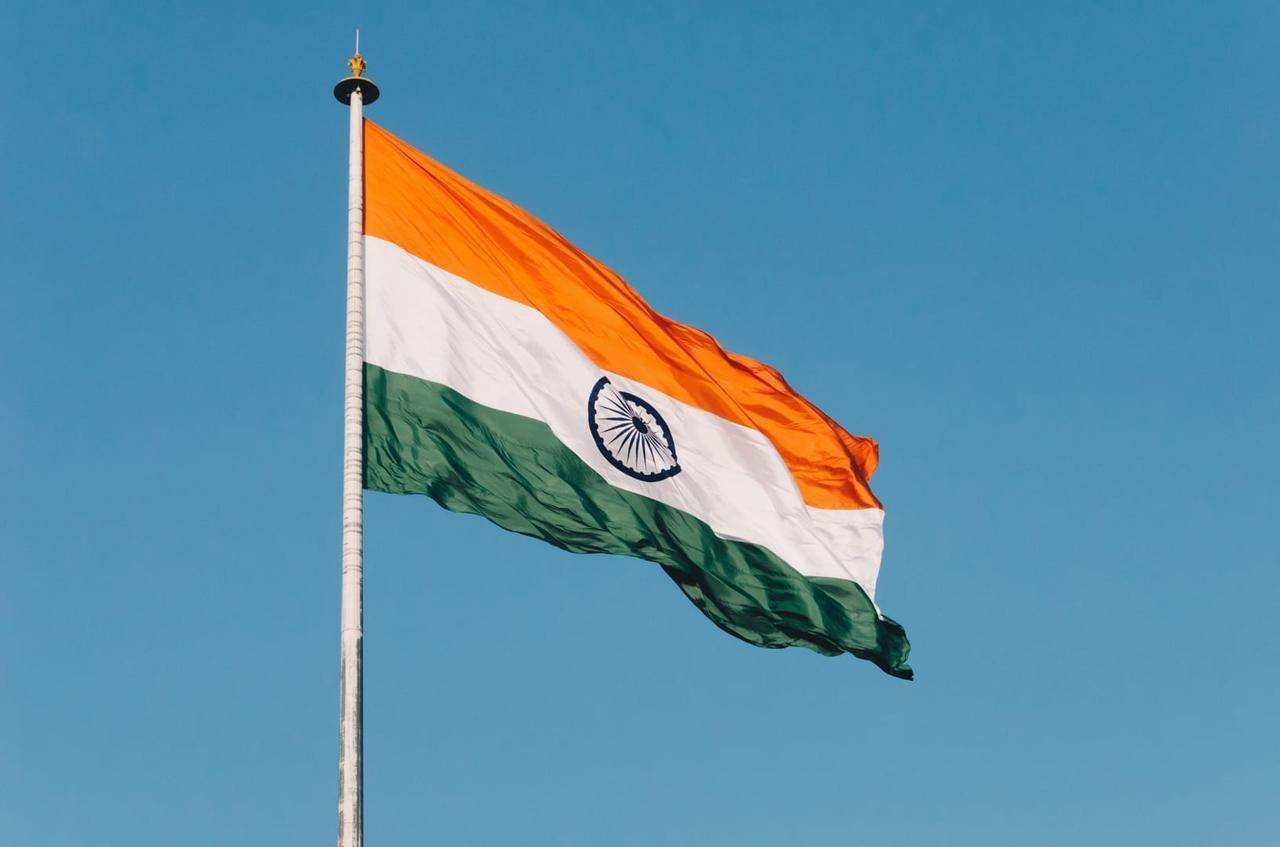MUMBAI, India – Minority communities must feel secure in India and all religions must be respected and promoted, according to the country’s Catholic bishops ahead of the country’s general elections.
India’s Minority Affairs Minister, Mukhtar Abbas Naqvi, and Social Justice and Empowerment Minister, Thaawar Chand Gehlot called a March 7 meeting of religious minorities to help the ruling Bharatiya Janata Party (BJP) have a more inclusive party manifesto ahead of the April polls.
The submission by the Catholic Church said the “secular nature” of the country must be upheld.
“Diversity not uniformity is to be promoted. The government must protect indigenous cultures and communities,” the statement said.
The BJP has ruled India Since 2014, with Narendra Modi serving as prime minister. The party is affiliated with the Rashtriya Swayamsevak Sangh (RSS), a militant Hindu nationalist organization.
Since the BJP took power, incidents of harassment against the small Christian minority – which make up less than 3 percent of the population – have increased, with various Christians being detained or arrested for “attempted conversion,” and places of worship being vandalized.
Experts say the 2019 poll might be very close, and the BJP is now trying to expand its appeal to include non-Hindus who might be attracted to the party’s pro-business and strong defense policies.
Just under 80 percent of India’s population is Hindu. The largest religious minority are the Muslims, who make up nearly 15 percent of the people, while Christians are only 2.3 percent. There are also a number of Sikhs, Jains, Buddhists, Zoroastrians, and members of the Baha’i faith.
The BJP has been holding public consultations about the party’s election manifesto – called the ‘Sankalp Patra’ – in the lead up to the poll.
Salesian Father Joseph Manipadam, the national secretary of the Catholic Bishops’ Conference of India’s Office for Education and Culture, represented the Catholic Church at the minorities meeting in New Delhi.
“Most of those who spoke expressed their gratitude for being called to contribute their suggestions,” he said.
“The minorities should not be looked upon with suspicion, some said. The need to promote the interest of the minorities is something many spoke about,” he said.
The Catholic Church provided 8 proposals:
- The security of the minority communities in India must be upheld;
- The government should promote diversity and indigenous cultures and communities, taking special care of the Dalits (once known as Untouchables), the tribal commuinty, the poor and the marginalized. This includes extending scheduled caste status – which provides similar benefits as affirmative action in the United States – to Christian and Muslim Dalits, who are currently excluded from the category;
- Work for employment, housing, education, and food security for all;
- All religions should be respected and promoted, including when the government establishes holidays;
- National institutions and autonomous bodies – such as universities, examination boards, and the judiciary – should be able to function without undo influence from the government;
- Since the education establishment is so important, any changes to the national education system should be made gradually and carefully;
- The National Commission for Minority Educational Institutions (NCMEI) should have members from all minority communities;
- No one in India should have their nationalism questioned because of their background.
Manipadam was quick to point out that this was not directed solely at the BJP, and the same position was sent to the country’s other parties for consideration as they formulate their own platforms.
The BJP’s main opponents are the once-dominant Congress Party, which in December won three key state elections in the country.
“it is our proposal to all before the general elections. So, it is not party specific suggestions but the concern that we have and want to be addressed by the government irrespective of party considerations,” the priest said.
On Sunday, India’s Election Commission said that general election would begin on April 11 and continue over seven phases until May 19. The votes will be counted on May 23.
The country’s estimated 900 million potential voters will be choosing the 545 members of the Lok Sabha, the country’s lower house of parliament.















